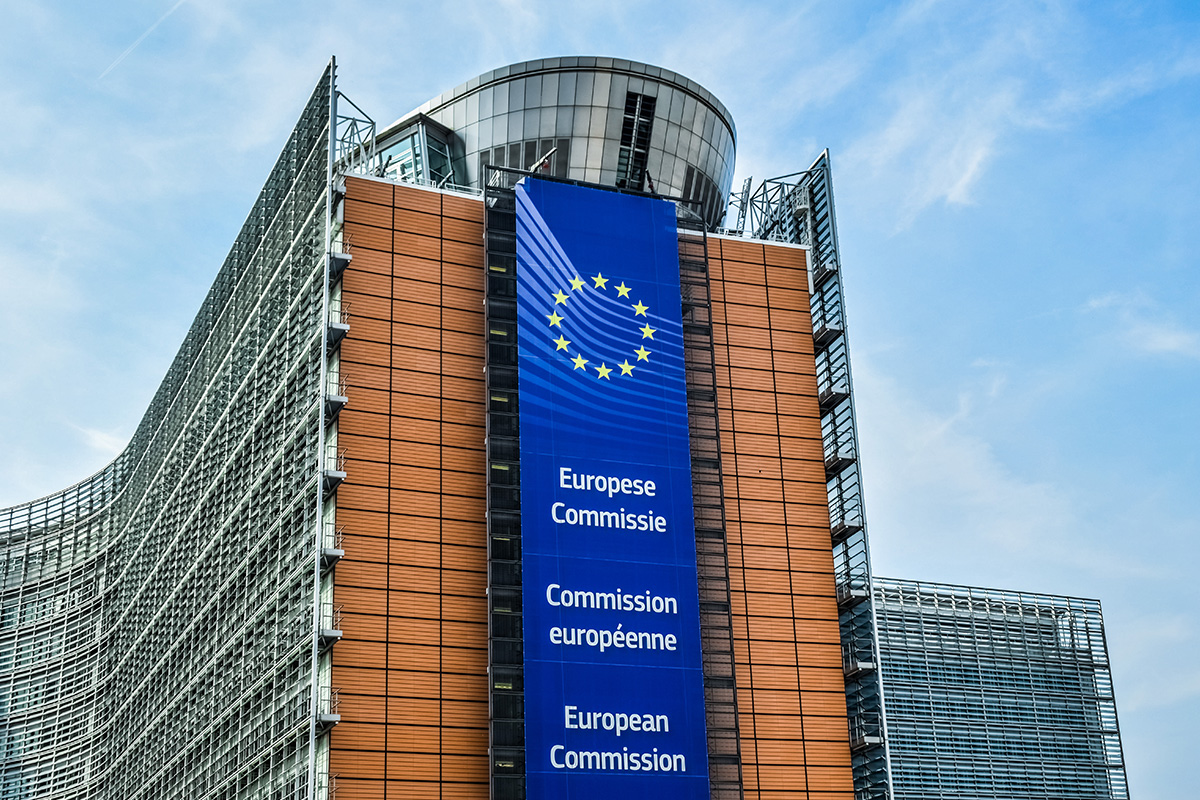The Ministers of Agriculture of the European Union held a meeting yesterday, July 21, in which the following topics were analyzed:
The German Presidency outlined its work program and main priorities for the next six months in the agriculture and fisheries sectors, among which it stands out to adopt a general approach on the reform package of the Common Agricultural Policy (CAP) in October 2020 measure which was widely endorsed by the Council.
Over the next six months, the presidency will also seek to reach conclusions on the farm-to-table strategy, as well as on animal welfare and food labeling.

From Farm To Fork
The ministers discussed the farm-to-fork strategy focused on how to increase sustainability in European food systems. During the debate, the European Commission, which presented the farm strategy to the table in May 2020, reiterated the importance of including the objectives and goals of the strategy in future CAP national strategic plans through specific recommendations by country. The ministers urged the Commission to publish these recommendations as soon as possible and questioned their binding nature. The Commission confirmed that the recommendations are not legally binding and will take into account their implementation when approving each national strategic plan.
The ministers also called for transparency, subsidiarity and a structured dialogue with the Commission in the process of approving the strategic plans. In addition, they emphasized the need to guarantee food security in the EU and a level playing field with food producers from third countries entering the EU market. They also called for comprehensive impact evaluations before turning the strategy’s objectives into legislative proposals.
Member states widely supported the goals and objectives of the farm-to-table strategy and noted that adequate funding is a prerequisite for such a high level of ambition.
CAP reform
The Council held an exchange of views on the green architecture of the future CAP. More specifically, the ministers discussed the nature of the eco-schemes and the minimum proportion of non-productive land (GAEC 9) in the conditionality system.
Several ministers questioned the proposal to have a minimum budget for eco-schemes, highlighting the risk of losing funds for farmers. The ministers discussed the possibility of moving amounts between the two pillars of the CAP, highlighting the need for flexibility. The ministers also reiterated their views on mandatory or voluntary ecological schemes.
The Council addressed the issue of minimum participation of non-productive land. Following the suggestion of the Croatian presidency, the ministers discussed whether a uniform minimum percentage of non-productive areas should be established at the EU level. Supporters of the minimum percentage across the EU argued that this approach would create a level playing field and advocated establishing it at the current status quo: 5%.